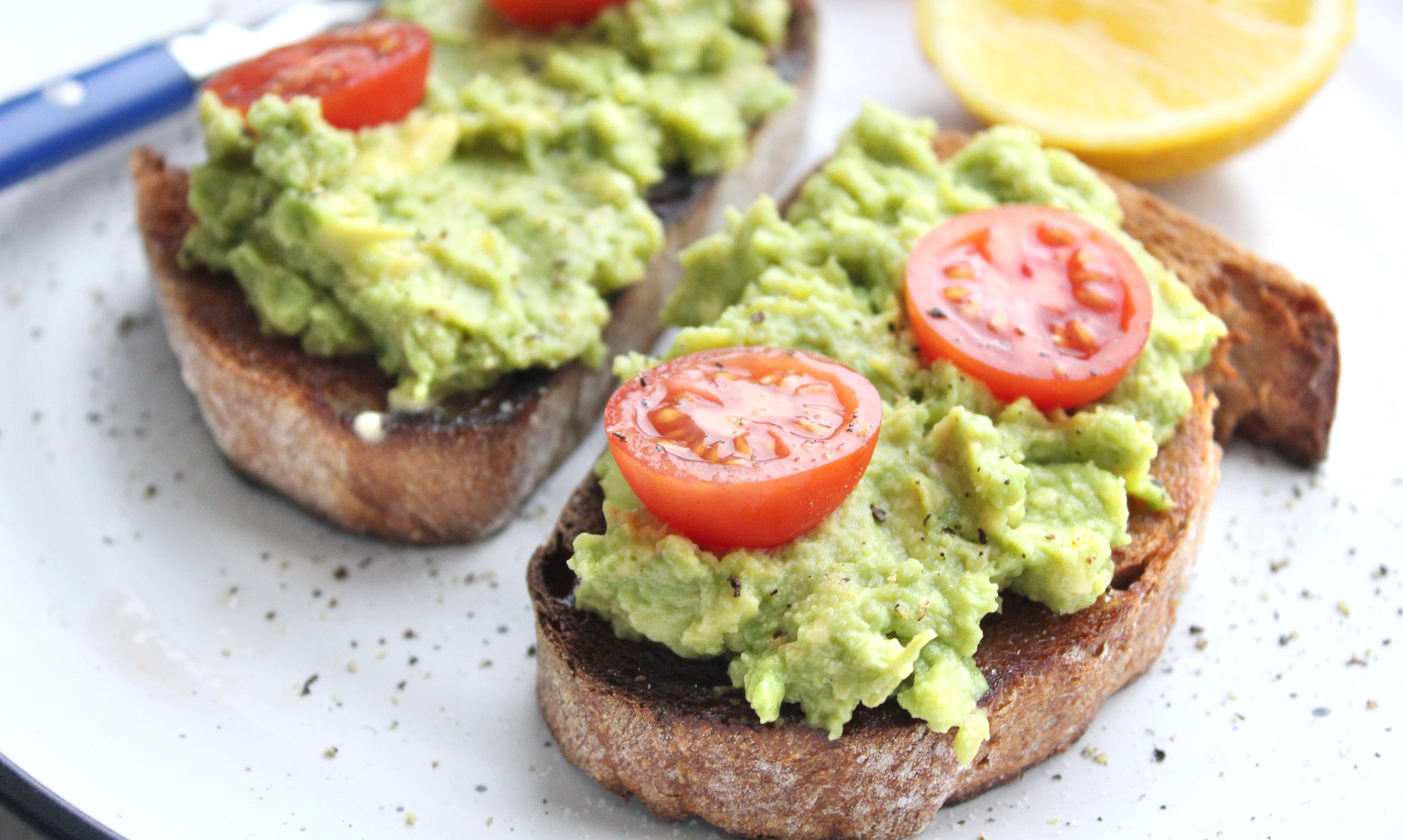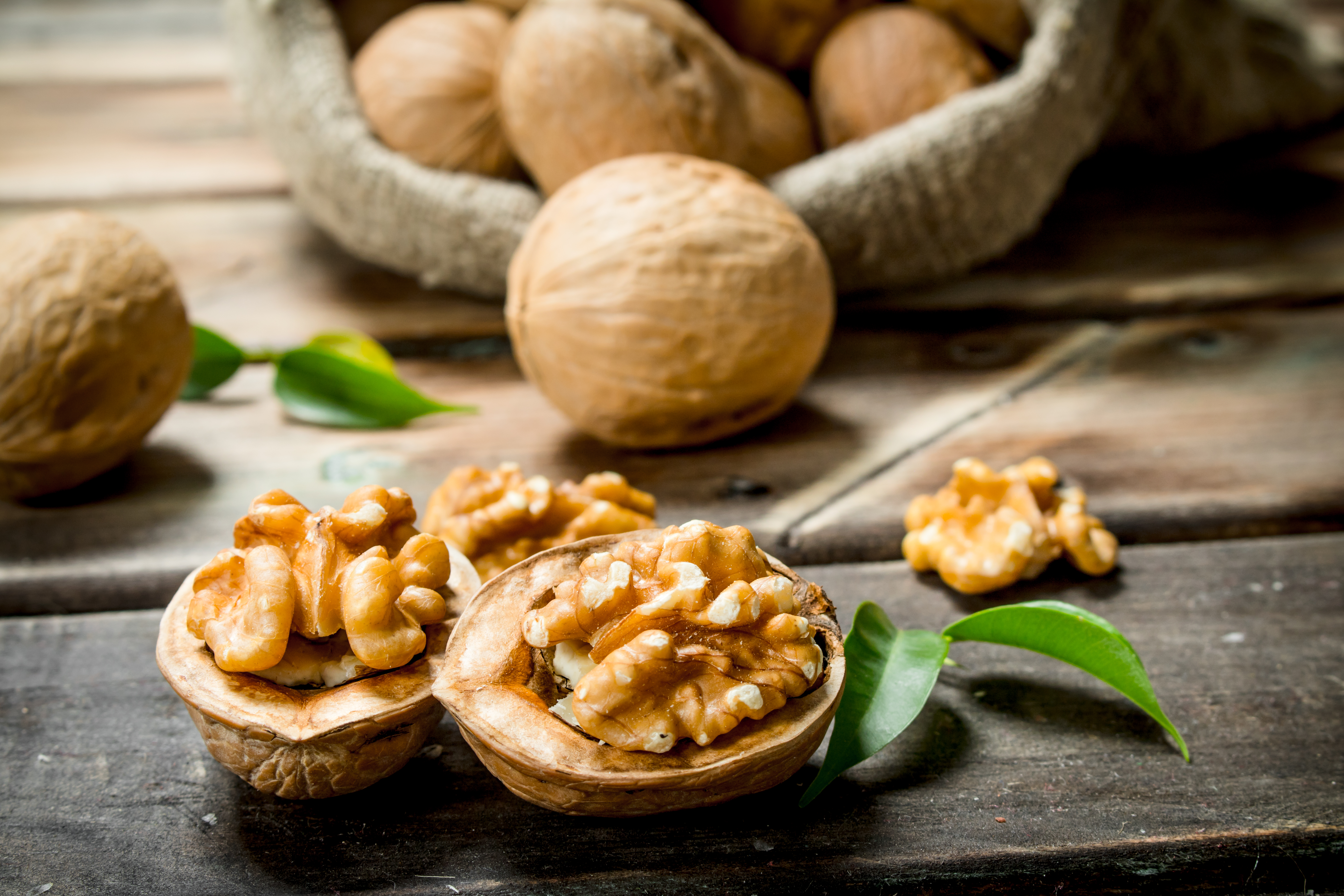32 Healthy Foods That Become Unhealthy When You Eat Them the Wrong Way
You diligently stock your kitchen with superfoods, whole grains, and lean proteins, confident you're making excellent choices for your health. But what if some of those trusted "good-for-you" staples are secretly undermining your efforts? It’s a frustrating reality: even the healthiest foods can become dietary traps due to improper preparation (destroying nutrients!), hidden additives (like sneaky sugars!), massive portion sizes, or misunderstanding potent natural compounds that can cause issues when overconsumed. If you're eating "clean" but still wrestling with energy slumps, stubborn weight, or digestive woes, this insight is crucial. We've expanded our eye-opening guide to 32 popular "health" foods frequently misused or misunderstood. Let’s uncover these common pitfalls and learn how to truly harness the power of nutritious eating, ensuring your efforts finally pay off.
1. Avocados: The Fatty Fruit with a Hidden Caloric Punch

Avocados are revered for their creamy texture and rich nutrient profile. Packed with heart-healthy monounsaturated fats, they are a favorite in salads, smoothies, and on toast. However, their high-calorie content can be deceptive. Consuming avocados in excess can lead to unintended weight gain, overshadowing their health benefits. A single avocado can contain over 200 calories, and when paired with other high-calorie foods, the numbers add up quickly. Portion control is crucial. Understanding serving sizes and balancing avocado intake with other dietary components can help maintain its status as a healthful addition rather than a caloric burden.
2. Nuts: Nutrient-Dense but Easy to Overconsume

Nuts are often hailed as a perfect snack due to their combination of protein, fiber, and healthy fats. Almonds, walnuts, and cashews, among others, provide essential nutrients and are linked to numerous health benefits, including improved heart health and weight management. However, their high-fat content means they are also calorie-dense. Mindlessly snacking on nuts can lead to excessive calorie intake. Additionally, flavored or salted varieties can introduce unwanted sugars and sodium. To avoid these pitfalls, it's essential to measure portions and opt for raw or lightly roasted nuts, ensuring they contribute positively to your diet.
